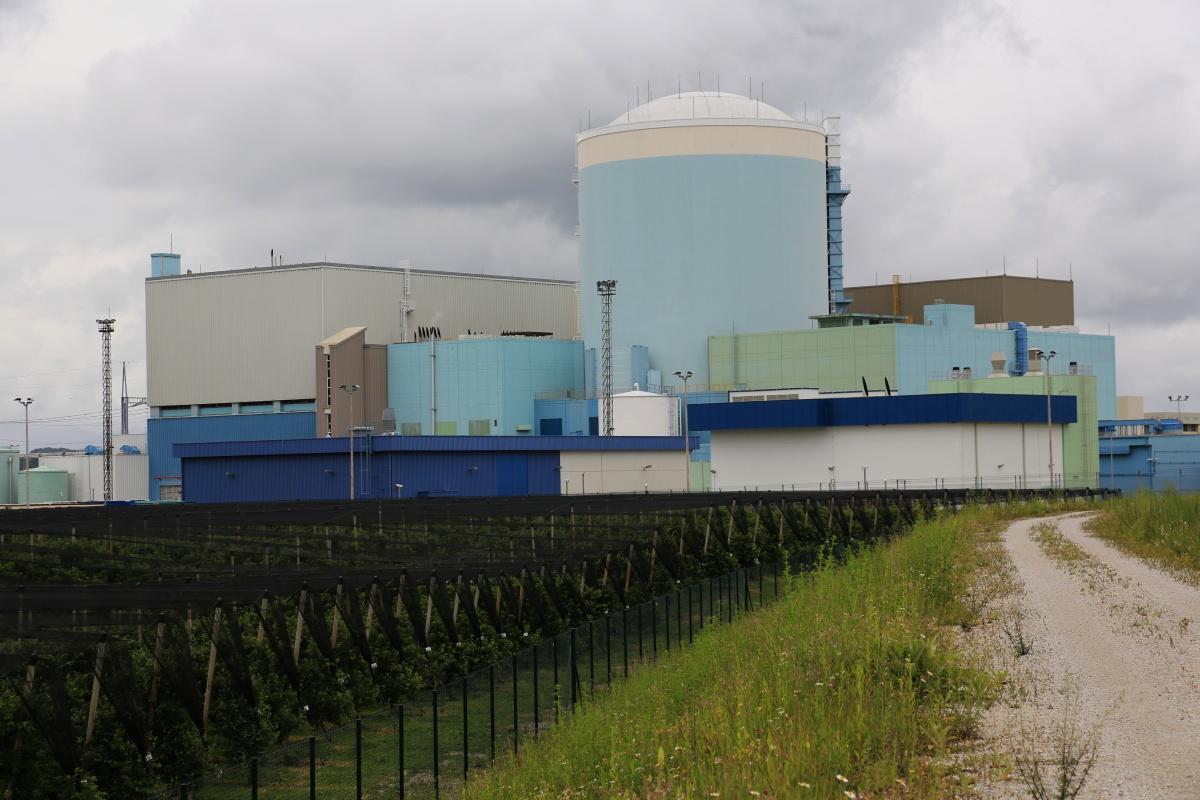
The Ministry of Infrastructure also publicly announced that in 40 years the production of electric energy will be carbon-free. But the question remains whether the operation of the Krško nuclear power plant will have to be extended for that purpose, or a second block built.
For some time now Slovenia has no document which would clearly define the methods of production of energy in future decades. But a decision should be made, as the period of fossil fuels, the source of one third of electric energy, and on which the traffic depends as well, is running out. The crucial question remains the fate of the nuclear power plant. Gen energija Company has already invested approximately ten million euros for analysis and evaluations of the project for the second block, and other related expenses.
Jože Špiler from the Gen-I Company: "If we wish to de-carbonize the society as a whole, we need to at least double the use of electrical energy, primarily for heating purposes – by using heat pumps – and in transport."
But there are a lot of concerns. There is the question of funds, as our country is not capable of financing the investment estimated to from at least three and a half to five billion euros, i.e. much more than the cost of Teš 6. Almost certainly our neighbours will disapprove, and the local public is also concerned about the safety issue.
Next is the question of the high level radioactive wastes, while the energy expert Matjaž Valenčič sets out the result of the research by the French IRSN Institute which shows that the area is earthquake active.
The coalition agreement foresees a referendum on the second block, but only of a consultative nature. No matter how pressing the matter is, a thorough public debate is most certainly necessary, which has not been carried out at all.
Erna Strniša, Radio Slovenija
Translated by G. K.

































































